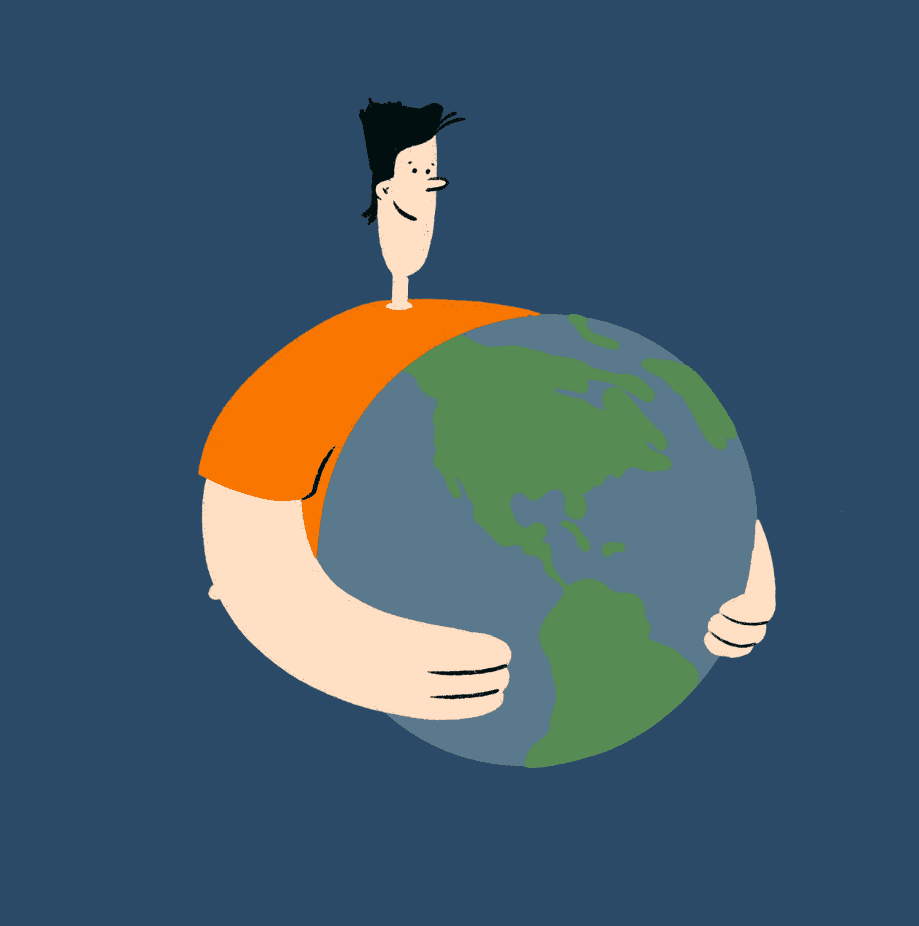Vegan vs Vegetarian: Understanding the Differences

In recent years, both veganism and vegetarianism have gained popularity due to their health benefits, environmental impact, and ethical considerations. However, these terms are often confused or used interchangeably, even though they represent distinct lifestyles. This article aims to clarify the key differences between being vegan and being vegetarian, helping you decide which dietary choice is right for you.
What is Veganism?
Veganism is more than just a dietary choice; it is a lifestyle rooted in avoiding all forms of exploitation and cruelty towards animals. A vegan not only eliminates all animal products from their diet, such as meat, fish, dairy, eggs, and honey, but also avoids using animal-derived products in other aspects of daily life, such as clothing, cosmetics, and other consumer goods.
Principles of Veganism
Strictly plant-based diet:
Vegans consume only plant-based foods, such as fruits, vegetables, legumes, grains, nuts, and seeds.
Animal ethics:
Veganism rejects any form of animal exploitation, including the use of animals in entertainment, product testing, and the production of clothing or accessories.
Environmental impact:
Vegans are often motivated by environmental concerns, as animal agriculture significantly contributes to greenhouse gas emissions, deforestation, and resource depletion.
What is Vegetarianism?
Vegetarianism, on the other hand, primarily focuses on diet. A vegetarian eliminates meat and fish from their diet but may include other animal products such as dairy, eggs, and honey, depending on the type of vegetarianism they practice.
Types of Vegetarianism
Lacto-vegetarian:
Includes dairy but excludes eggs, meat, and fish.
Ovo-vegetarian:
Includes eggs but excludes dairy, meat, and fish.
Lacto-ovo-vegetarian:
Includes both dairy and eggs but excludes meat and fish.
Pescatarian:
While generally not considered a strict form of vegetarianism, some people who eliminate meat but consume fish identify with this term.
While both lifestyles involve reducing the consumption of animal products, there are significant differences between vegans and vegetarians.
Scope of Diet:
Vegan:
Does not consume any animal products, including dairy, eggs, and honey.
Vegetarian:
May include animal products such as dairy, eggs, and honey, depending on the type of vegetarianism.
Motivations:
Veganism:
Motivations often include animal ethics, environmental concerns, and health benefits.
Vegetarianism:
Motivations can be similar but are often more focused on health and less on ethical and environmental aspects.
Lifestyle:
Vegan:
Encompasses all aspects of life, not just diet. A vegan avoids products such as leather, wool, and cosmetics that have been tested on animals.
Vegetarian:
Generally limited to diet, although some vegetarians may also avoid non-food animal products.
Veganism offers a variety of benefits but also presents certain challenges that are important to consider.
Benefits of Veganism
Health:
Vegan diets are rich in nutrients like fiber, antioxidants, and vitamins, and are associated with a lower risk of chronic diseases such as heart disease, type 2 diabetes, and certain types of cancer.
Ethics:
Living as a vegan allows you to align with ethical principles that reject animal exploitation and suffering.
Environment:
Veganism is one of the most effective ways to reduce your carbon footprint and conserve natural resources.
Challenges of Veganism
Nutritional requirements:
It’s essential to carefully plan a vegan diet to ensure adequate intake of nutrients like vitamin B12, iron, calcium, and omega-3 fatty acids.
Food availability:
Although vegan options are becoming more widely available, it can still be challenging to find suitable choices in some restaurants or geographic areas.
Social:
Adapting to social events and family meals can be challenging, especially in cultures where meat consumption is predominant.
Like veganism, vegetarianism has its own set of benefits and challenges.
Benefits of Vegetarianism
Health:
A well-planned vegetarian diet can also be very healthy, providing all the necessary nutrients and reducing the risk of chronic diseases.
Flexibility:
By allowing dairy and eggs, vegetarianism offers more dietary flexibility and may be easier to maintain in the long term.
Lower environmental impact:
Although not as low as veganism, vegetarianism also contributes to reducing environmental impact compared to meat-based diets.
Challenges of Vegetarianism
Nutrition:
Although less demanding than a vegan diet, vegetarians need to ensure they get enough protein, iron, and vitamin B12, especially if they eliminate more than one group of animal-derived foods.
Dependence on animal products:
Some vegetarian products, like cheese or eggs, can be high in saturated fat and cholesterol, which could negatively impact health if consumed in excess.
Ethical alignment:
Some vegetarians may find that their diet is not fully aligned with their ethical values, particularly regarding animal welfare.
Both veganism and vegetarianism offer healthy and sustainable alternatives to meat-based diets, but it’s important to understand the differences and consider your own motivations and lifestyle before choosing one of these paths.
If you are concerned about environmental impact, animal welfare, or simply looking to improve your health, either of these options could be right for you. However, if you opt for a vegan diet, you’ll need to pay closer attention to certain nutrients and everyday products.
At the end of the day, whether you choose to be vegan or vegetarian, the most important thing is to make conscious decisions that resonate with your values and personal needs. And remember, no matter which you choose, every small change counts towards a healthier and more ethical world.
